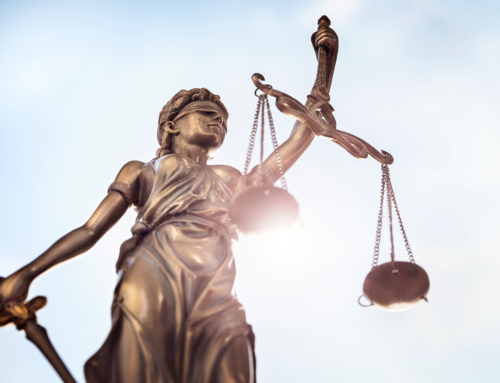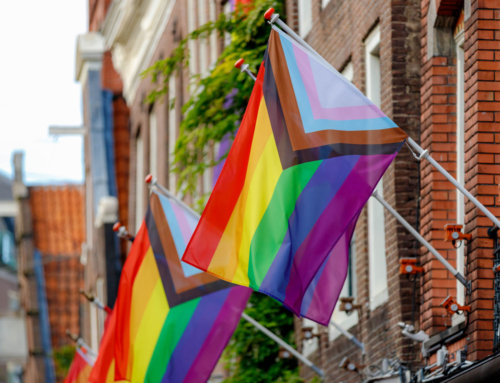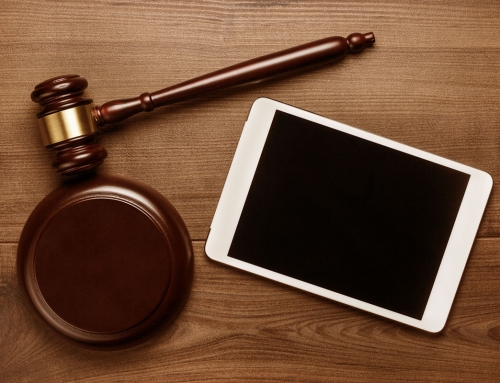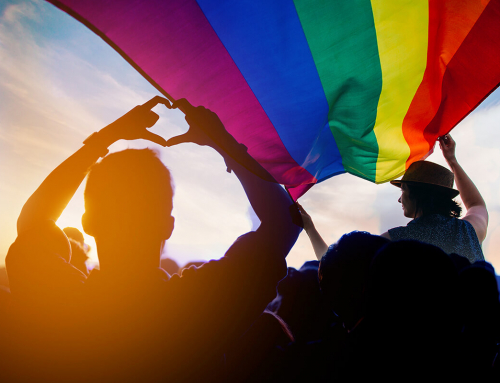A company often associated with controversy over their holiday cup designs is no stranger to internet backlash. The holiday cups are, arguably, not actually political statements, but Starbucks has otherwise been known to champion progressive social causes.
In the wake of recent social unrest and the spotlight that has been put on racial injustice in America, Starbucks tweeted support for the movement first with a vague statement about confronting racism on June 1 and later with more specific action steps on June 4.
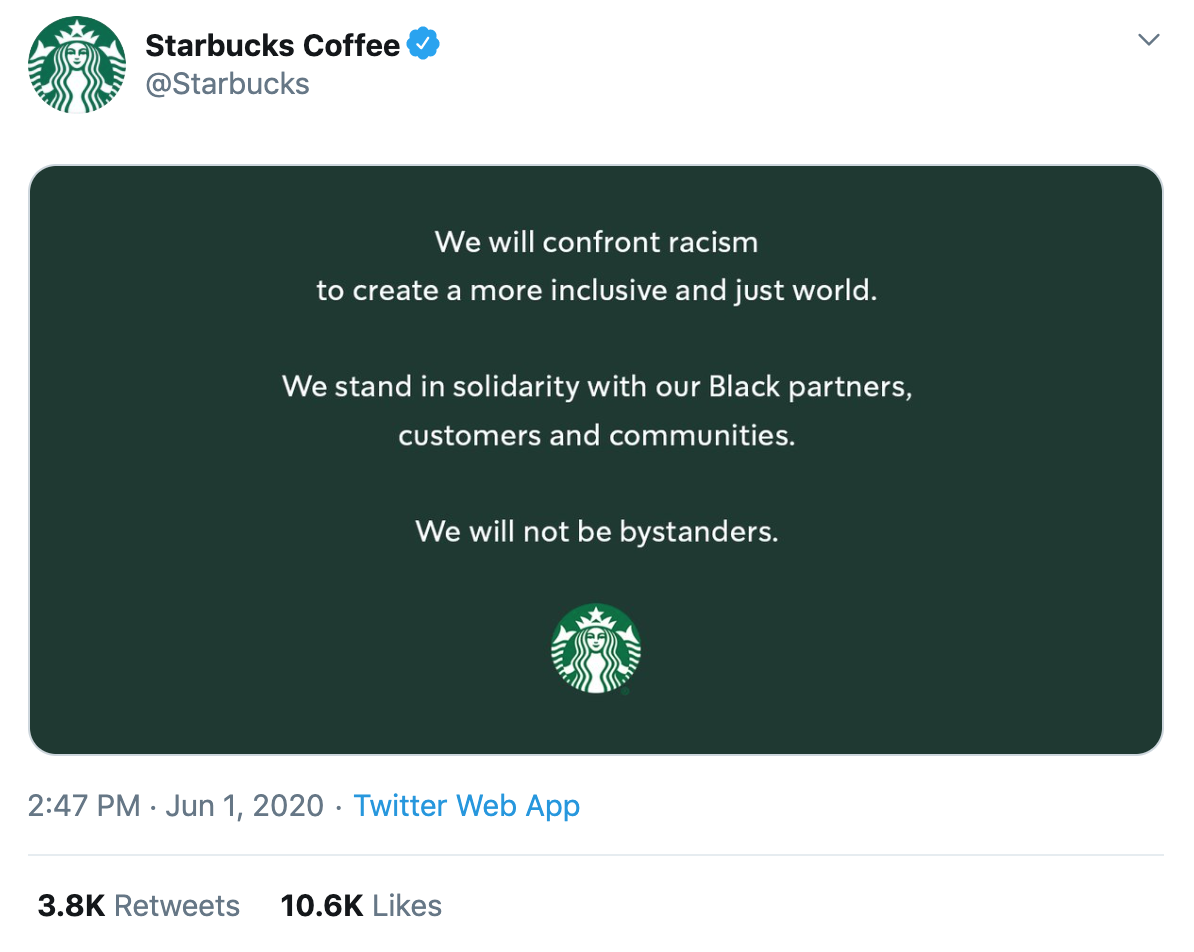
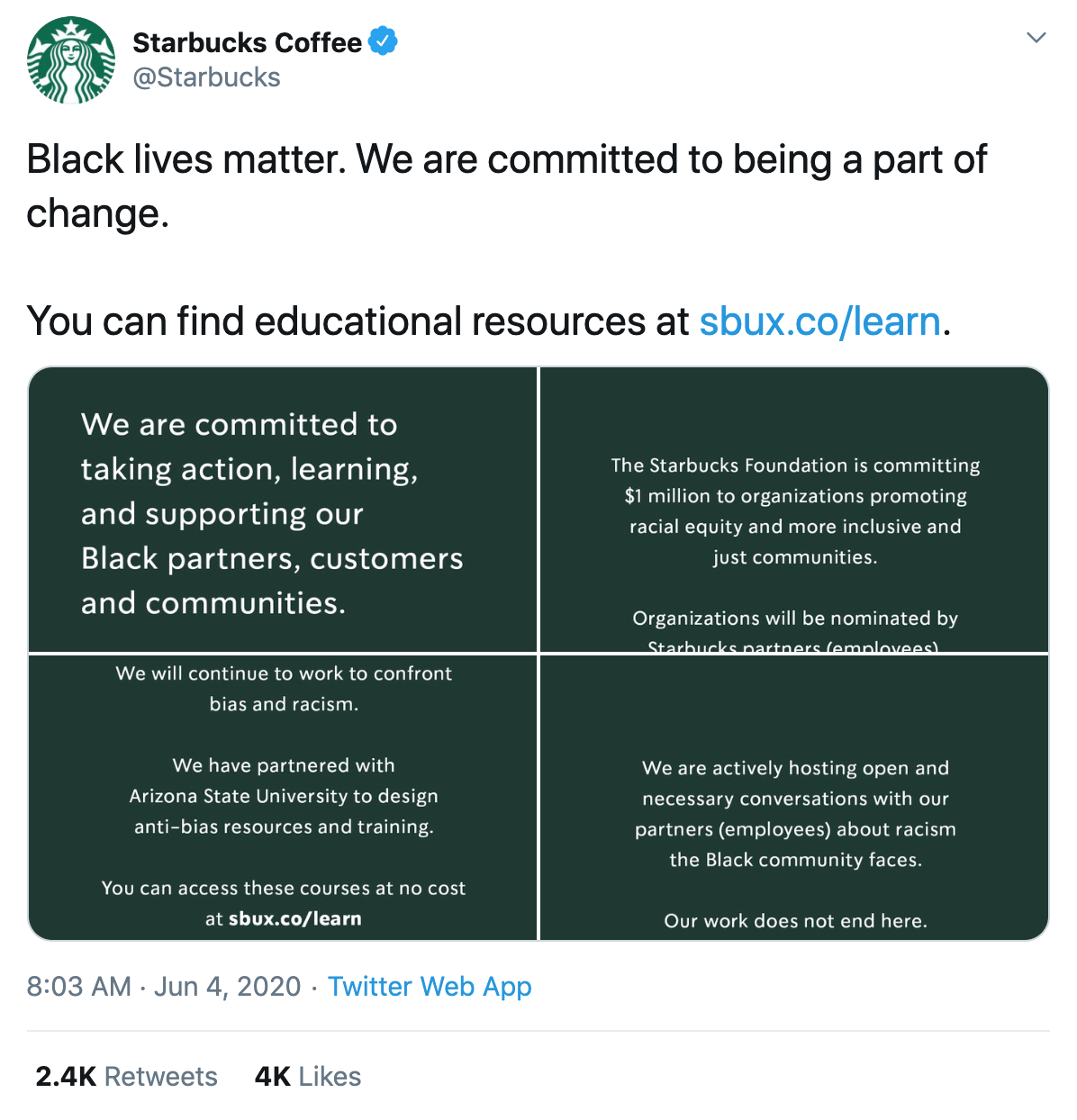
That’s why it came as a surprise to many when an internal memo sent the same week as these tweets banned employees from wearing pins or t-shirts supporting the Black Lives Matter movement. In the leaked memo, Starbucks cited its dress code policy which states that pins must be related to Starbucks-sponsored promotions and that “Partners are not permitted to wear buttons or pins that advocate a political, religious or personal issue.”
One could argue that Starbucks did nothing wrong in enforcing their already-instated policy, but that didn’t stop the memo from going viral and sparking outrage across every social network, with many (including employees) pointing to Starbucks’ public support of LGBTQ+ causes, which could be considered political, religious and personal. There is a complete history of their LGBTQ+ inclusion and advocacy efforts on their website dating back to 1988, and Starbucks has run numerous Pride month campaigns which have included limited edition drinks, merchandise and uniforms for employees.
On June 12, Starbucks made the following announcement reversing their decision:
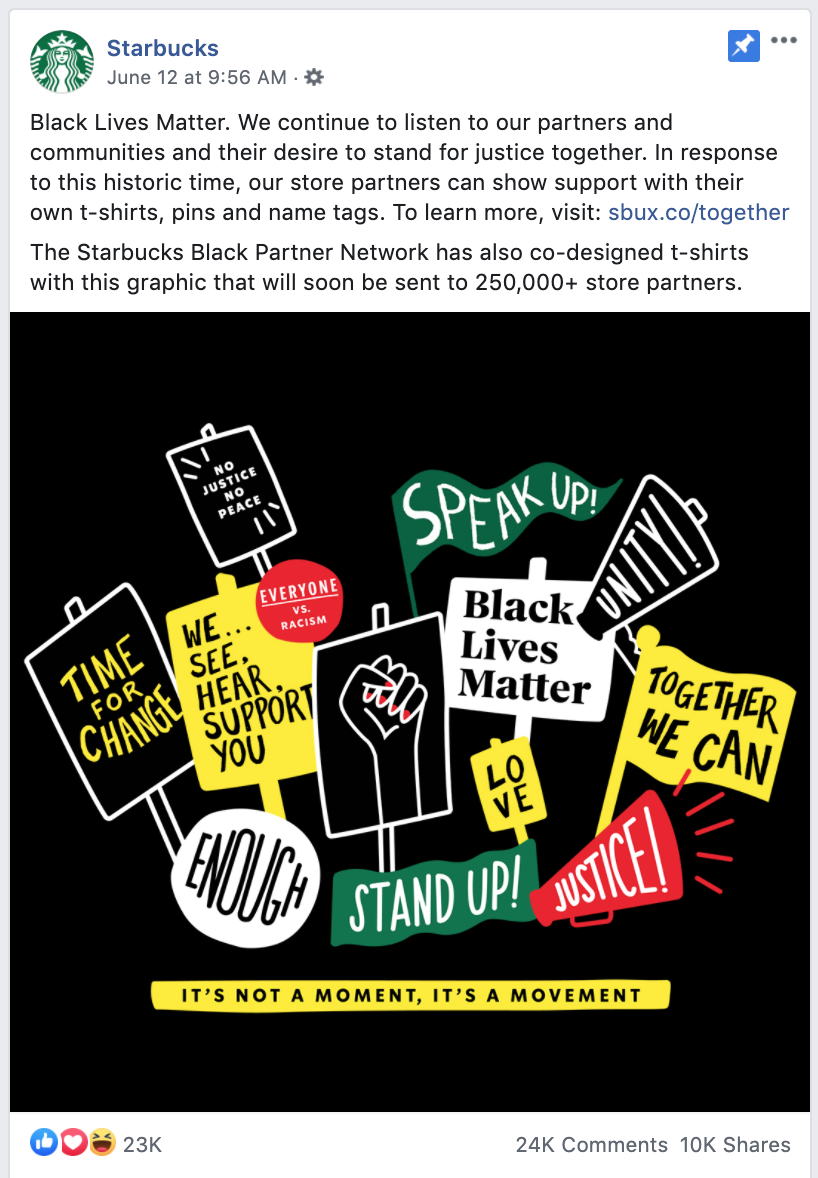
While it makes sense that a branding behemoth like Starbucks would want control over their employees’ uniforms and the messaging of a hot-button issue in their stores, this back-pedaling raises a number of questions.
- Did Starbucks plan to roll this out all along or are they simply responding to backlash?
- If it was planned all along, why wasn’t that information included in the memo to employees?
- How will they respond to the new wave of backlash, now coming from people upset about the seemingly disingenuous change of heart as well as people who don’t support the movement?
- Will Starbucks use this as an opportunity to take a stronger stand against social injustice or try to avoid these issues in the future?
While you can never please everyone, Starbucks seems to have backed themselves into a lose-lose situation, angering employees and customers on both sides of the discussion. Only time will tell if the commenters pledging never to return will stick to it or have a similar change of heart.

